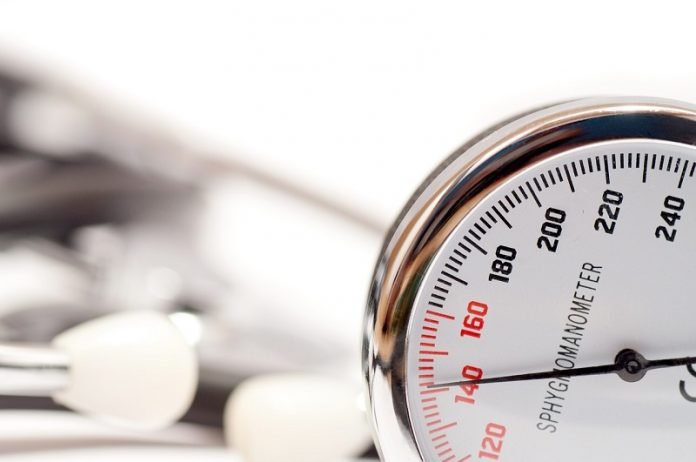
In a new study, researchers found that intensive treatment that helps keep healthy blood pressure levels may benefit people with type 2 diabetes.
The intensive treatment could reduce risks heart attack, stroke, and other diabetes complications, even if the patients don’t have preexisting heart health issues.
Healthy blood pressure levels are below 130/80 mm/Hg.
The research was conducted by a team from the National University of Ireland.
Type 2 diabetes is the more common form of the disease affecting more than 420 million people worldwide.
Because diabetes is a big factor of heart disease and stroke, people with type 2 diabetes need to pay more attention to their health.
In the study, the team found that more intensive therapy for high blood pressure could help keep the heart healthy in diabetic patients.
They tested nearly 11,000 patients with type 2 diabetes, who were followed over 4 years across 215 clinical centers in 20 countries.
Some patients received anti-hypertension treatment (perindopril and indapamide) to keep their blood pressure levels at 130/80 mm/Hg or below. Other patients received a placebo.
During the study, 837 people died and 966 people experienced heart attacks, strokes, diabetic kidney disease, and diabetic eye disease.
The team found that people receiving intensive blood pressure therapy experienced 9 % fewer health conditions and 14 % fewer deaths than people taking a placebo.
In addition, the beneficial effects were independent of the patients’ preexisting heart disease risks.
The findings suggest that aiming for blood pressure thresholds at 130/80 could benefit people with diabetes.
Diabetic patients who have blood pressure levels above 130/80 should discuss with their doctors whether they need a change in hypertension treatment to get to a lower number.
The senior author of the study is J. Bill McEvoy, M.B., B.C.H., M.H.S., professor of preventive cardiology at the National University of Ireland.
The study is published in the American Heart Association’s journal Hypertension.
Copyright © 2019 Knowridge Science Report. All rights reserved.



